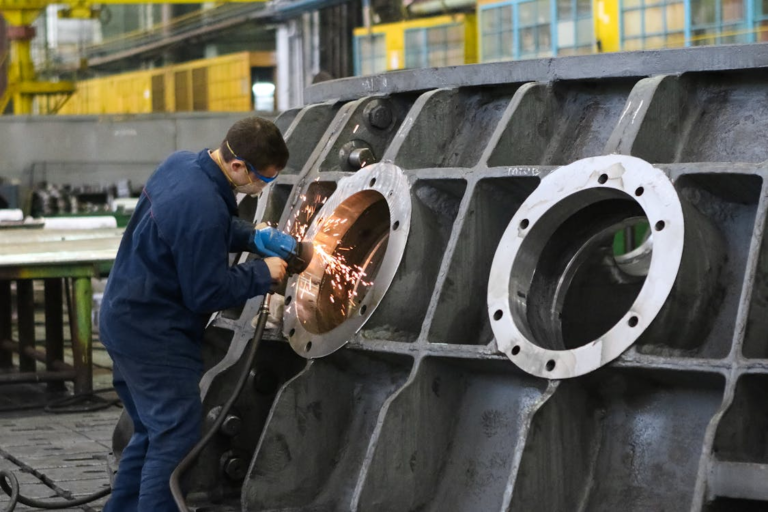 One of my favourite sayings in the field of people management is: If you want someone to do a good job, give them a good job to do.
One of my favourite sayings in the field of people management is: If you want someone to do a good job, give them a good job to do.
As managers of people, I think it is very important that we gain a basic understanding of what truly motivates people at work. Why? Simply because highly motivated staff are arguably the most valuable resource a business owner / manager can have. Motivated staff nearly always outperform staff who lack motivation.
If you want people to do a good job, give them a good job to do. The idea underpinning this sentence is simple – people are highly motivated by intrinsically rewarding and gratifying work. In short, satisfying and fulfilling work turns people on. It stimulates their brain cells and retains their interest. They’ll go home and talk enthusiastically about their work (driving their friends and families crazy) and even do extra work from home.
Research consistently shows that many people leave comparatively high paid jobs for lesser paid ones in order to achieve the daily satisfaction a good job gives them.
The key question for managers of people is: What is a good job? Fortunately, lots of work has been done to answer this question, and what is more, it ain’t rocket science. According to one of the most recognised theories in the field of job design, a job will keep staff keen and motivated if it contains four characteristics. These are:
1. Variety
The less variety a job has the more mentally fatiguing it is. People lose interest and quickly become distracted by other things. They also tend to make more mistakes. Some employers try to keep their jobs simple and repetitive because it’s easier to train and/or replace staff – then they wonder why they can’t keep their good staff.
2. Starting and finishing a job
People derive a great deal of satisfaction in seeing a job through to the end. People are much happier when they can see the fruits of their labour. They can point to a finished job and say with pride, I did that. The carpenter who designs the job, selects the wood, builds the furniture and completes it to a high standard will derive a lot more satisfaction than the person who just operates a wood lathe all day.
3. Task Significance
People want to know that what they do at work is important. We all want a feeling of contribution and involvement. As a manager of people it is important that your people understand what they’re doing has significance for the business. Giving a person a task to do and allowing that person to think that the task is trivial or unimportant is sending all the wrong signals. It can be tantamount to “telling” them that they’re unimportant and not worthy of important work. A smart manager will articulate to the person who sweeps the floors how important that task is.
4. Autonomy
People enjoy having a say in how they do their jobs. They enjoy the freedom of making decisions and having a sense of ownership over the tasks they’re performing. This does not mean you throw people in the deep end. It is important that people have the required skills and knowledge as well as an understanding of the parameters in which they can operate. Once these two things are in place you need to trust people to make their own decisions. Micro-managers (i.e., managers who constantly peer over people’s shoulders) tend to be universally disliked. They also tend to be inefficient managers.
What you can do
In an ideal world every job would have lots of variety, autonomy, task significance etc. We all know, however, that the realities of the work place sometimes make it difficult to design highly motivating jobs. Nevertheless, this should not prevent you from making changes where you can. Often, incremental changes are the best way to go. Over a period of time lots of small changes add up to big changes. Also, it’s important to explain your intentions to your staff before taking any action. Make sure they understand what it is you’re trying to achieve, otherwise your efforts may be misinterpreted as you trying to give them extra work. Above all, it is important that you demonstrate persistence. Don’t throw in the towel at the first obstacle; and get used to celebrating small changes. Do this and you will be rewarded by staff who are demonstrating greater motivation and interest in their work. Their performance will improve and there’s a good chance that your stress levels will lower correspondingly. Best of luck!




